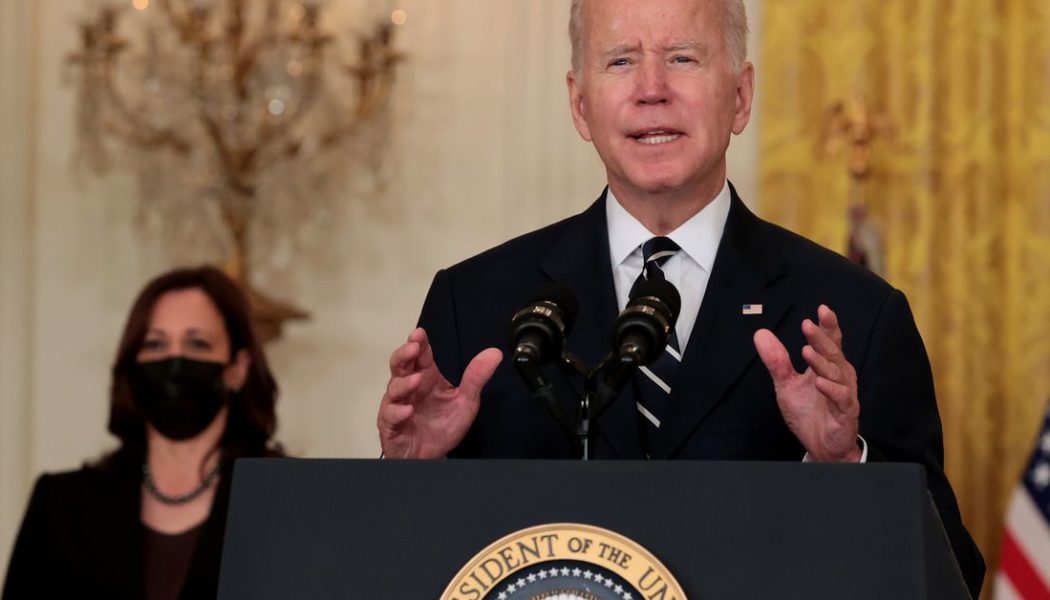
After months of negotiations, President Joe Biden released the latest version of his Build Back Better framework on Thursday, advancing the landmark proposal into what will likely be its final phase before approval. The plan’s original $3.5 trillion budget resolution now sits at $1.75 trillion, unveiling scaled-back initiatives to tackle climate change and other social services.
In its latest budget proposal, the White House’s total investment in fighting climate change remains relatively the same, sitting at $550 billion. What’s changed the most is how those funds will be used: focusing on manufacturing, electric power, and transportation.
The new framework includes $320 billion of expanded tax breaks over the next ten years to support clean energy and electric vehicle adoption. The framework specifically focuses on “clean passenger” and commercial vehicles, but it’s unclear if the credit applies to e-bikes as well. An additional $105 billion has been set aside to address climate resiliency in communities affected by natural disasters and to reduce pollution in low-income areas. The White House also outlined $110 billion in incentives to create new supply chains and technologies, “like solar batteries, and advanced materials.”
Outside of climate, the framework includes hundreds of billions for social programs and healthcare subsidy expansion, including $400 billion for child care and universal preschool, $200 billion for expanded child and earned income tax credits, and $150 billion for affordable housing.
While still transformative, the new Build Back Better framework no longer includes key programs like the Clean Electricity Payment Program, an important measure to create a 100 percent clean energy grid. The program would have paid utility providers if they achieved certain clean energy standards and enforce these rules through fines if they didn’t. The program was tossed out after negotiations with Sen. Joe Manchin (D-WV) who opposed the bill. Democrats need Manchin to support the budget resolution in order to pass it in the Senate and overcome a razor-thin majority.
The climate plan no longer includes a fee on methane use as well.
Thursday’s framework was announced in an effort to win over House progressives who have vowed to tank a separate vote on the Biden administration’s bipartisan infrastructure package if the budget resolution did not receive a floor vote at the same time. Progressive Rep. Ilhan Omar (D-MN) told reporters Thursday, “As a caucus, the progressive caucus is happy with this framework and eager to push it through,” however, she said that they could not vote on the infrastructure package until a formal legislative text is released and scheduled for a vote.
Progressive organizations, like the climate change-focused Sunrise Movement, echoed Omar’s remarks in statements on Thursday.
“This framework is exactly that – it’s just a framework. A deal is not a deal until progressives agree to it,” said Varshini Prakash, Sunrise Movement executive director. “It’s promising to see a substantial investment in climate action, but it’s appalling and frankly cruel that drug pricing, paid leave, Medicare expansion on dental and vision, are all cut from the framework, and Biden seems willing to leave a pathway to citizenship for millions up to an un-elected Parliamentarian.”









